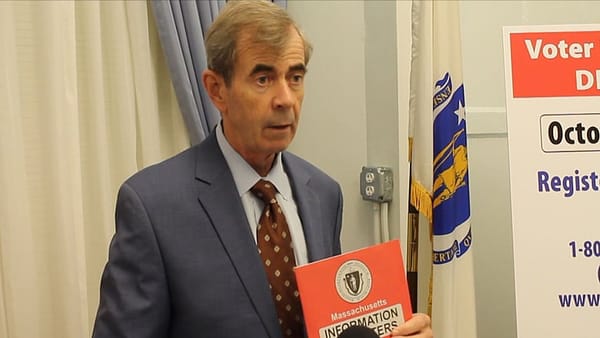Brown examines relationship of free speech to academic mission

One year after becoming embroiled in a national debate over "safe spaces" from offensive speech, Brown University students and faculty received a crash course of sorts on freedom of speech and its relationship to the academic mission of a liberal arts college.
On Thursday, the Political Theory Project hosted lectures by Greg Lukianoff, president of the Foundation for Individual Rights in Education (FIRE), a first amendment and civil liberties advocacy group, and Stanley Fish, an English scholar and law professor at the Cardozo School of Law who has famously questioned the concept of freedom of speech on campus.

